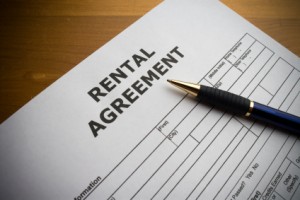Renting More Appealing, Says Fannie Mae Survey
 A new survey by Fannie Mae reveals that the goal of home ownership is losing its appeal for Americans. Falling home prices, foreclosure and financial ruin is enough to make the strongest homeownership desire fade, as evidenced by the falling number of people who say they consider housing a safe investment.
A new survey by Fannie Mae reveals that the goal of home ownership is losing its appeal for Americans. Falling home prices, foreclosure and financial ruin is enough to make the strongest homeownership desire fade, as evidenced by the falling number of people who say they consider housing a safe investment.
The percentage of Americans who though of housing as a safe investment was 83% in 2003. But by July of this year, it has fallen to 67%. That’s three points lower than January 2010. And, while more Americans (70% in July vs. 64% in January) believe home prices are nearing the bottom and it’s a good time to buy, the number of households saying they’re more likely to rent than buy rose from 30% in January to 33% in July.
Why Americans are Renting
If home prices are falling and mortgage rates are near 50-year lows, why wouldn’t more people be lining up to buy homes, rather than rent them? First, tighter lending standards. People simply can’t qualify for mortgages like they could in the free-flowing days of the early 2000s. Second, the still-stagnant labor market is keeping people from taking on more debt; those with jobs are paying off debt and tightening up on spending. Third, even if they did qualify for a mortgage, people think they cannot. In fact, more than 50% of renters believe they cannot obtain a mortgage to purchase a home.
Younger people are taking a wait-and-see approach, according to a Wall Street Journal article on the rental market. Where once they might have purchased a condo, they are renting for the long-term foreseeable future. They’ve seen friends become “stuck” owning homes they cannot sell, unable to move and take advantage of job opportunities. And, they see homeownership as an “economic trap.”
Economic analysts say these changing attitudes could lay a “more stable foundation for the housing market,” as Americans see homes as a durable good, like a car, and not an investment. And it’s good news for landlords, who could be enjoying lower vacancy rates in the future!

